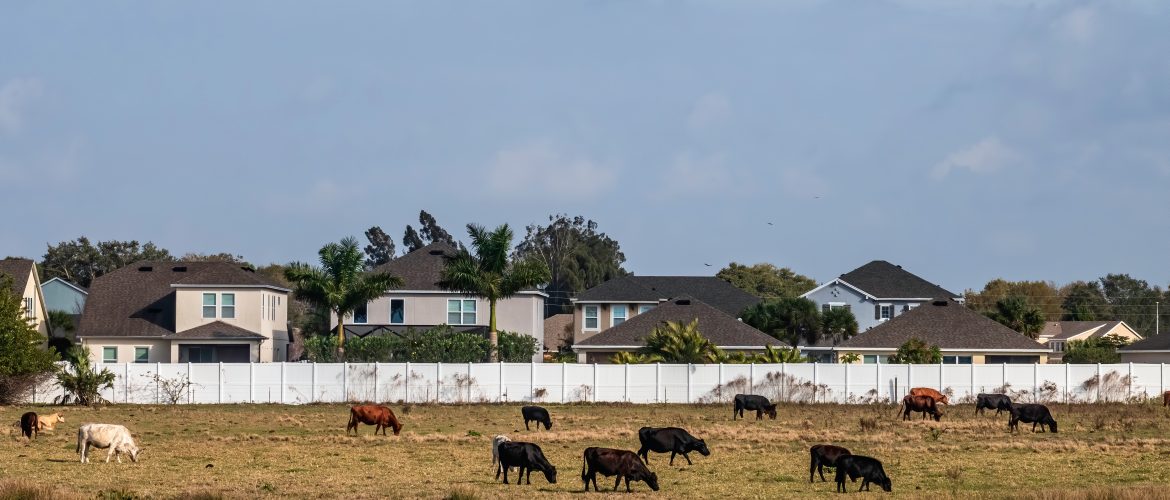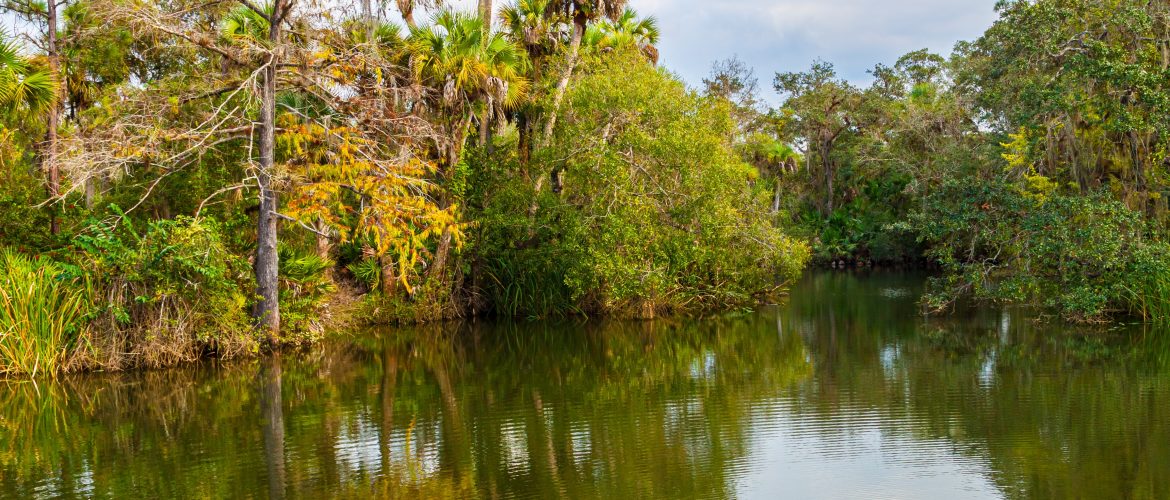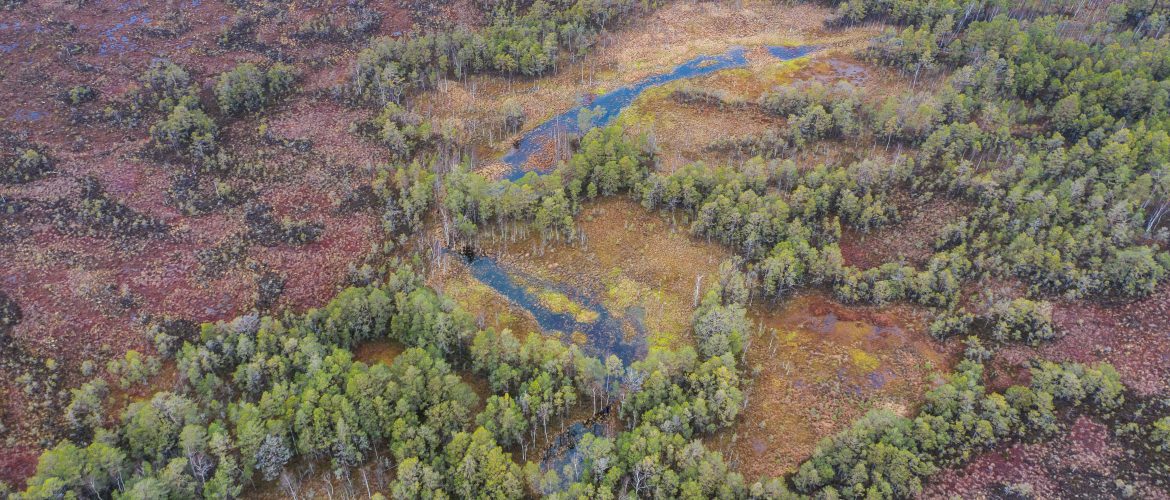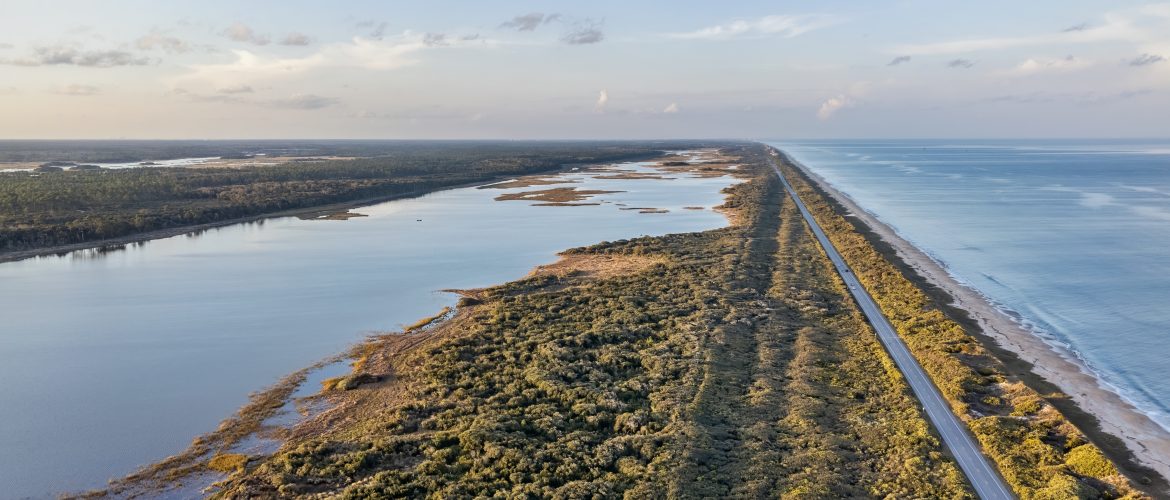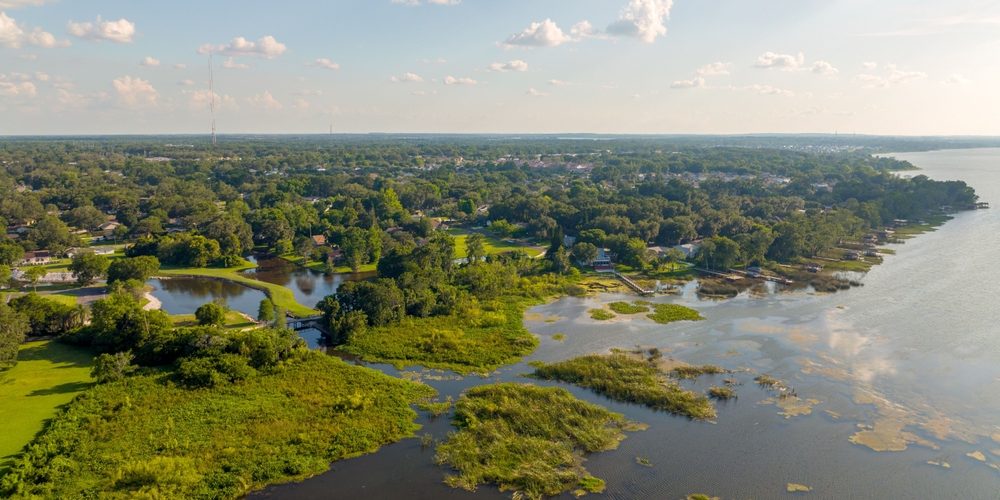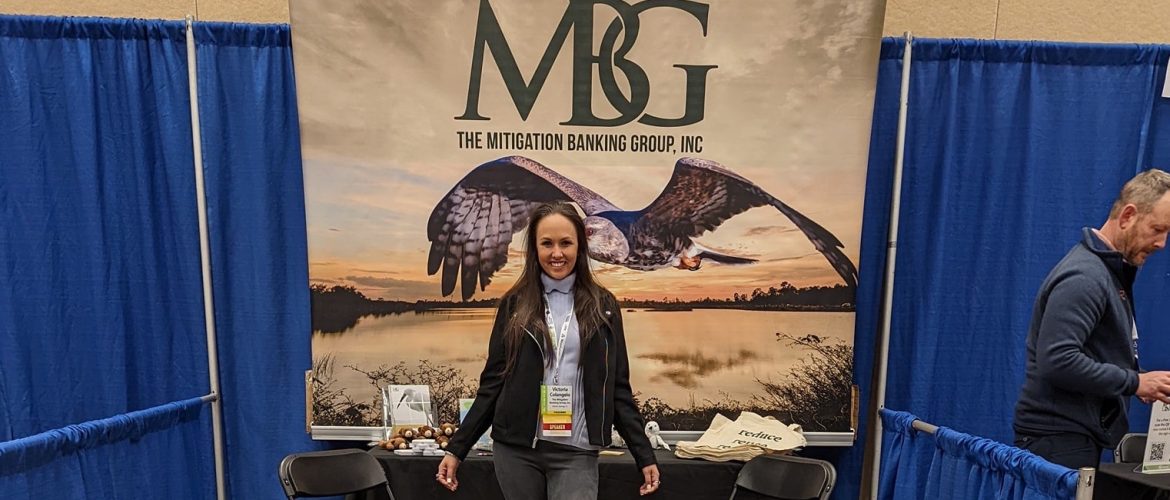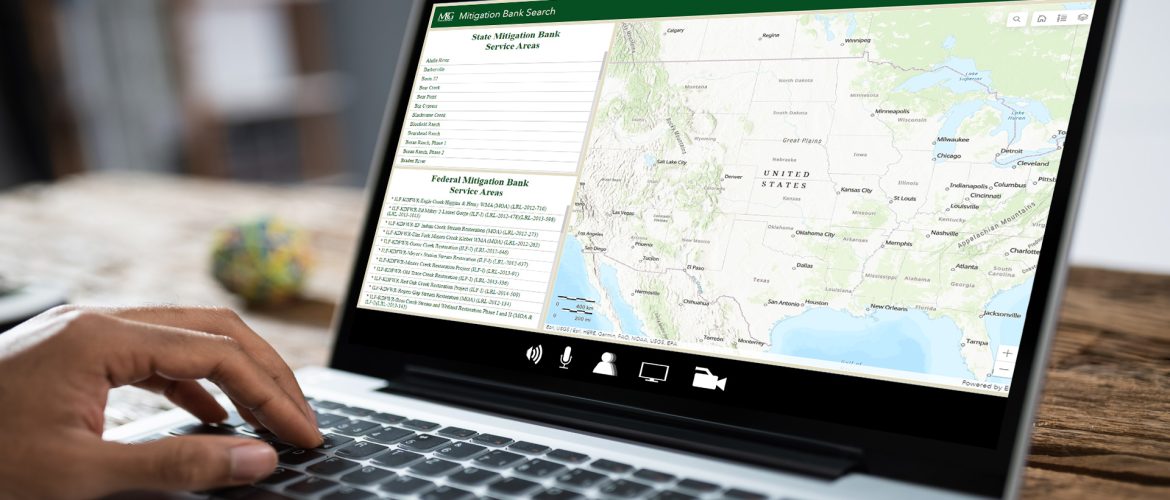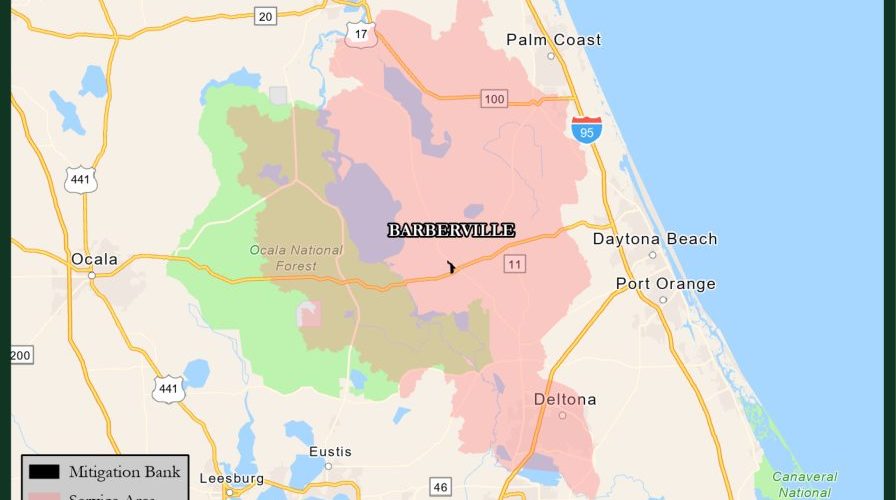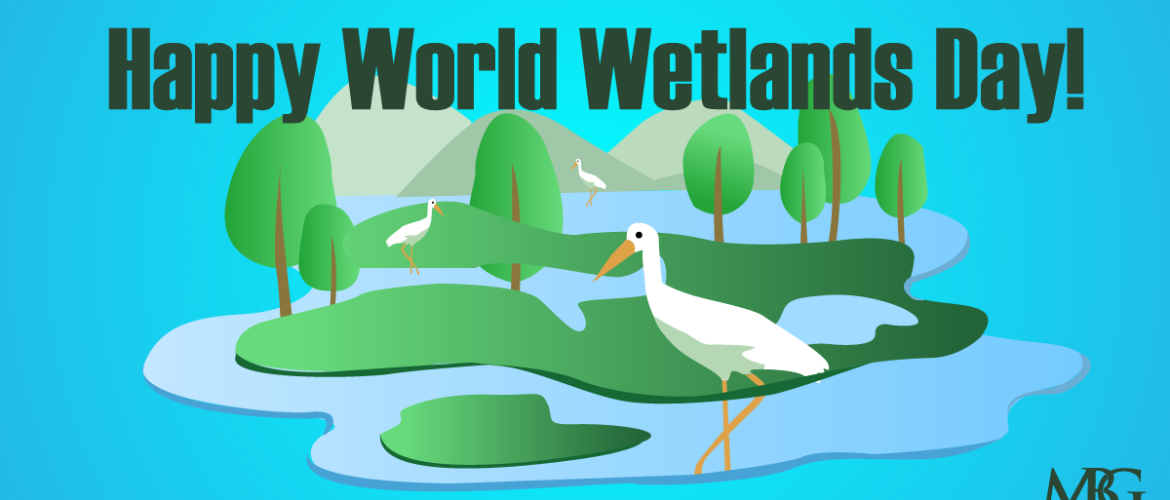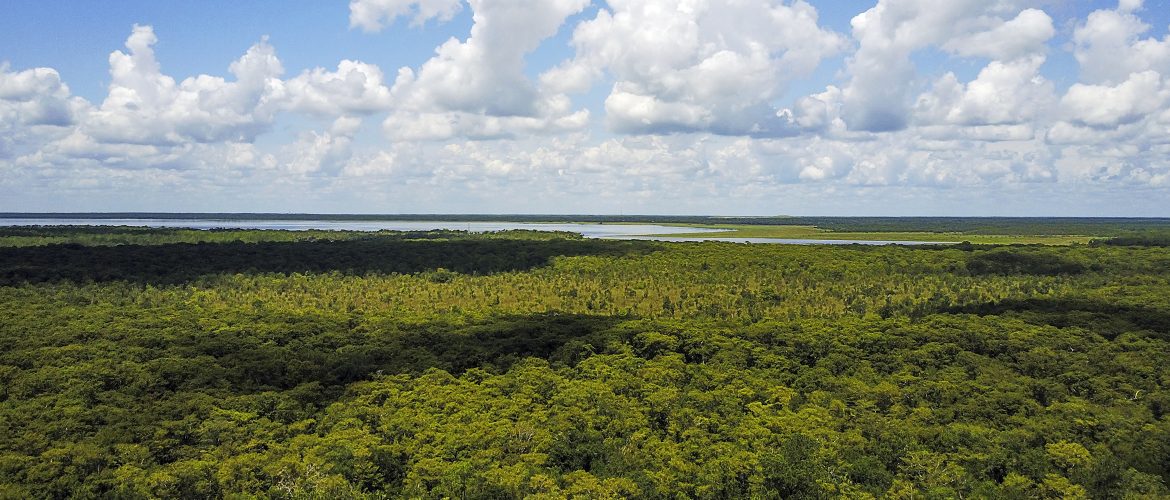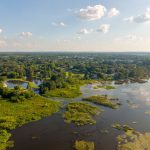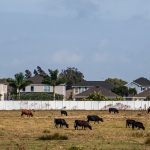Navigating Florida Land Use and Cover with FLUCCS Codes The Florida Land Use and Cover Classification System (FLUCCS) is a comprehensive and standardized system for classifying and mapping the land use and cover of the state of Florida. Developed by the Florida Department of Environmental Protection (FDEP), FLUCCS provides a framework for understanding the distribution and patterns of land use and cover across the state, and serves as an important tool for managing and conserving Florida’s natural resources. What is
UMAM and WRAP Scoring Guidance
What are the determining factors to find out the quality of a wetland?
UMAM SCORING GUIDANCE: THE SCORING OF EACH INDICATOR IS BASED ON WHAT WOULD BE SUITABLE FOR THE TYPE OF WETLAND OR SURFACE WATER ASSESSED
Optimal (10)
Condition is optimal and fully supports wetland/surface water functions
Moderate (7)
Condition is less than optimal, but sufficient to maintain most wetland/surface water functions
Minimal (4)
Minimal level of support of wetland/surface water functions
Not Present (0)
Condition is insufficient to provide wetland/surface water functions
Get the Lowdown on Credit Types and Mitigation Credit Classifications Mitigation credit types refer to the type of mitigation being used, while credit classifications refer to the level of ecological value and function provided by the mitigation site. Together, these concepts help to ensure that mitigation credits are used in a way that effectively offsets the impacts of a project while also protecting and enhancing the environment. These classifications bridge the gap between the scientific and regulatory world.
A Review of Compensatory Mitigation in Estuarine and Marine Habitats We are excited to share that the report has been published on EPA’s website. Desk statement: EPA developed “A Review of Compensatory Mitigation in Estuarine and Marine Habitats” to inform regulators, mitigation providers and the public about compensatory mitigation in estuarine and marine settings. The report explores four habitats: shallow water, seagrass, oysters, and tidal flats (mudflats); it describes each of the habitats’ importance and provides examples of mitigation and
Mitigation Credits Ratio/Wrap Methodology How do I assess how many mitigation credits I need with a RATIO methodology from a mitigation bank? Prior to 2005; mitigation banks were permitted with RATIO credits from the 5 Water Management Districts and the Florida Department of Environmental Protection; and E-WRAP, M-WRAP or WRAP Credits from the U.S. Army Corps of Engineers. Therefore, these mitigation banks that were permitted from 1996-2004 are assessed via RATIO; and are considered grandfathered in. Therefore, some of the new environmental consultants
Women in Conservation: Victoria Bruce! Clearview Geographic /clearviewgeographic.com/ — To help celebrate Women’s History Month, we wanted to highlight someone for her work in wetland mitigation for Florida: Victoria Bruce! Her company, The Mitigation Banking Group, generates conservation credits for wetland mitigation, helping to environmental efforts to reduce impacts for the past five years. We wanted to know more about Victoria, so we asked her a few questions: How did you
Navigating Mitigation Banking for Development Projects About MitigationBankSearch.com Have you just bought a property that you were hoping to build on and found that a wetland habitat is on the property? Is a regulatory agency telling you that you will have to calculate the impacts that your development will have on the wetland and that you will have to purchase mitigation credits for those impacts? Mitigation Banking Group simplifies the process, explaining the steps to take and help you purchase those
Barberville Mitigation Bank In partnership with the County of Volusia, The Mitigation Banking Group, Inc. has been awarded the exclusive representation for the mitigation bank credit sales. The Barberville Mitigation Bank was permitted in 1996 by the St. Johns River Water Management District and the U.S. Army Corps of Engineers. The 1,083.29 acres is conserved & restored land that will forever be conservation and managed in perpetuity. The property provides to be the missing link to connect wildlife to the Lake Woodruff
World Wetlands Day On February 2nd; we celebrated World Wetlands Day! Wetlands provide water purification by acting as a filter removing sediments and other pollutants before the water is slowly released into the aquifer. Wetlands store approximately 44.6 million tonnes of carbon per year globally: they play a crucial role in maintaining the ecosystem and mitigating the impacts of climate change. Due to population growth, Wetlands are facing increasing pressure of being impacted. Wetland Conservation and Restoration Efforts, balance economic growth with the preservation of
What is the Proximity Factor Tool? Conditions for Using Out-of-Service Area Mitigation Banks To utilize mitigation credits from banks outside their service area, the following criteria must be met: No Local Alternatives: Federal credits must be unavailable within the impact area’s basin or HUC. MBI Language: The Mitigation Banking Instrument (MBI) should include language permitting the use of credits for impacts outside the designated service area. This ensures regulatory compliance. Case-by-Case Approval Each instance of using out-of-service

